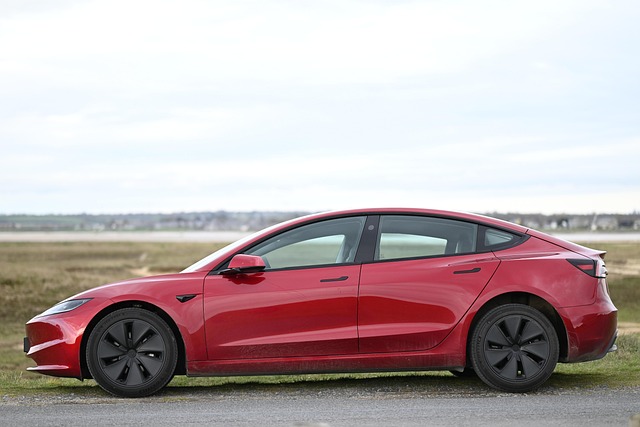As more people become aware of the pressing issues surrounding climate change, the push for environmentally friendly transportation has gained momentum. One of the most effective ways to facilitate this shift, especially in rural areas, is through the development of bicycle infrastructure. Riding a bicycle not only reduces carbon emissions but also promotes a healthier lifestyle, making it an appealing alternative for many.
In rural communities, where public transportation options may be limited, biking can play a pivotal role in enhancing local mobility. By investing in dedicated bike lanes, secure bike parking, and repair stations, rural areas can create a supportive environment for cyclists. This not only fosters an active lifestyle but also encourages residents to choose biking over driving, ultimately reducing reliance on fossil fuels.
Transport sustainability goes hand-in-hand with rural development. When communities prioritize bicycle infrastructure, they enhance local economies by attracting cycling tourism and supporting local businesses. Rural towns can host cycling events, which brings visitors who contribute to the economy while enjoying the beautiful landscapes. These initiatives help build a sense of community, as locals and visitors alike engage with the environment in a sustainable manner.
Moreover, the benefits of cycling extend beyond personal health and environmental impact; they offer social advantages as well. Biking encourages neighborly rapport as individuals navigate their communities, fostering connections that might otherwise remain unformed. As communities come together to promote cycling, they instill a sense of pride and responsibility regarding their environment, empowering residents to take ownership of their surroundings.
To further enhance the impact of bicycle infrastructure on transport sustainability, collaboration between local governments, businesses, and citizens is essential. Advocating for the construction of bike paths through scenic routes can provide both functional transit and a unique way to connect with nature. Grants and funding opportunities for rural areas can facilitate necessary infrastructure projects, enabling sustainable development that prioritizes environmental friendliness.
In a world facing significant environmental challenges, the adoption of environmentally friendly transportation methods like cycling can play an essential role in shaping a sustainable future. As rural areas invest in bicycle infrastructure, they send a clear message: a commitment to sustainability, health, and community spirit. The vision of a greener future is within reach, and it begins with a simple, yet powerful, bike ride.




